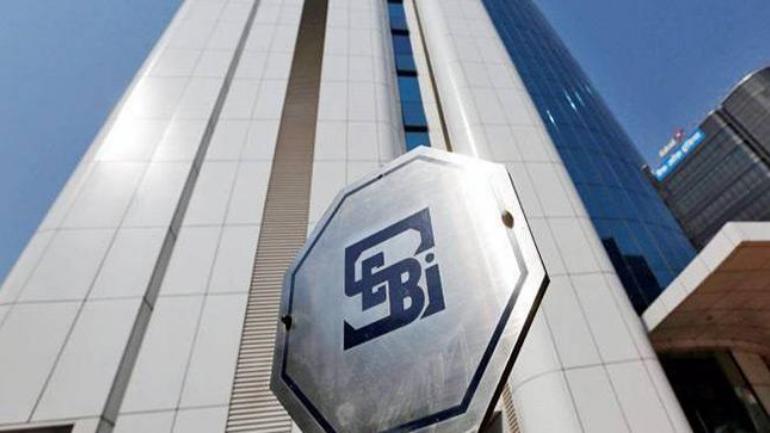Prohibition of Differential Rights to AIF Investors
The Securities and Exchange Board of India (SEBI), the regulatory body overseeing India’s financial markets, has put forth recommendations to ensure fair treatment and proportional rights for Alternative Investment Fund (AIF) investors. These proposals aim to safeguard the economic interests of all investors while maintaining transparency within AIF schemes.
Understanding AIFs and SEBI’s Objective
Alternative Investment Funds (AIFs) are privately pooled investment vehicles that collect funds from investors for the purpose of investing according to a defined policy, benefiting the participants. SEBI’s primary objective is to establish guidelines that prevent any differential treatment of AIF investors, thereby protecting the interests of all stakeholders.
Equal Treatment for AIF Investors
SEBI has recommended that AIF investors should not be subjected to any differential treatment that could impact the economic rights of other investors. The aim is to create a level playing field, ensuring that no investor receives preferential treatment that might disadvantage others. This measure promotes fairness and equity among AIF participants.
Preservation of Pro-Rata Rights
SEBI emphasizes the maintenance of pro-rata rights for investors within AIF schemes. This implies that each investor’s rights should be proportional to their commitment and investment in each investee company. By maintaining pro-rata rights, SEBI ensures that every investor has a fair share of the scheme’s benefits based on their contribution.
Conditions for Differential Rights
While SEBI discourages differential treatment, it allows for specific differential rights regarding the hurdle rate of return, performance-linked fee, and management fee. These terms enable flexibility in providing incentives and rewards to investors based on the performance of the AIF.
Performance-Linked Fee
According to SEBI’s recommendations, the AIF manager can charge a performance-linked fee as per the terms specified in the contribution agreement with each investor. This fee structure encourages performance-driven investments and aligns the interests of the manager with those of the investors.
Continuation of Existing AIF Schemes
SEBI permits existing AIF schemes with a priority distribution model to continue with their ongoing investments. However, these schemes should refrain from accepting new commitments or investing in new investee companies. This measure ensures the prudent management of AIFs and mitigates the risks associated with mis-selling and ever-greening of underperforming assets.
The Rationale for Prohibiting Differential Distribution Models
SEBI’s decision to prohibit AIFs from adopting differential distribution models stems from concerns about potential misrepresentation and the concealment of true asset quality. This step aligns with SEBI’s commitment to maintaining the integrity and transparency of the investment industry.
Month: Current Affairs - May, 2023
Category: Economy & Banking Current Affairs - 2024


